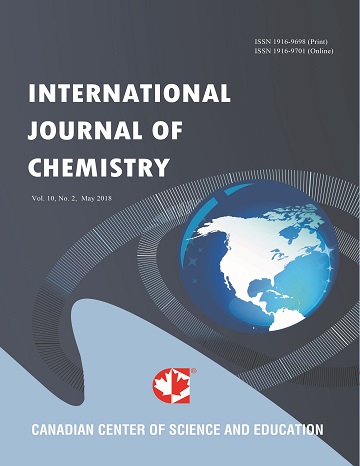Use of a Reactive Distillation in the Process of Producing Diethyl Ether Using Dewatering of Ethanol
- Elaheh Mash Attar
Abstract
Diethyl ether is considered as one of the simplest and lightest oxygenated fuels, which has higher octane and thermal energy than dimethyl ether. Diethyl ether can be considered as one of renewable fuels and is produced by applying a reactive distillation method. Reaction distillation is a complex process in the chemical industry in which the chemical separation and the chemical reaction are carried out simultaneously. In this paper, applying a high purity ethanol dewatering, the process of reactive distillation in the production of diethyl ether is simulated by using Aspen Hysys software. Different models of activity coefficients have been analyzed in this paper. The best model for molecular diethyl ether was found to be one of the most important cases in simulating a diethyl ether unit to obtain a strong thermodynamic model for highly unrealistic behavior of fluid-liquid-vapor balance in this system. Finally, results of simulation with the data are compared and a very good match has been observed.
- Full Text:
 PDF
PDF
- DOI:10.5539/ijc.v14n2p18
Index
Contact
- Albert JohnEditorial Assistant
- ijc@ccsenet.org
